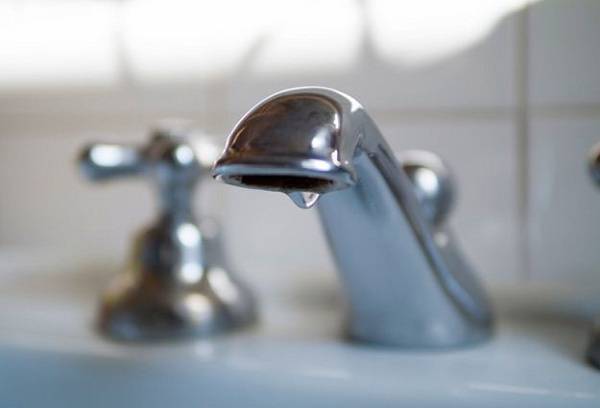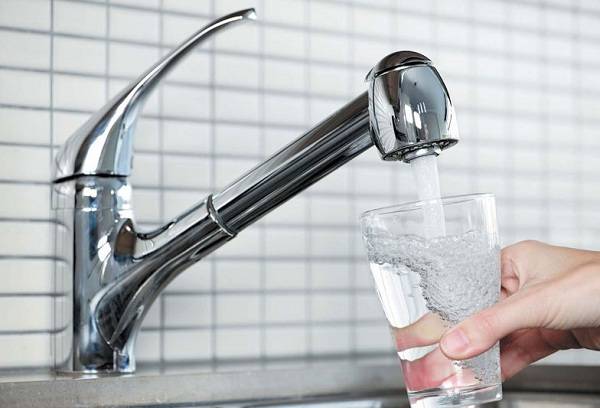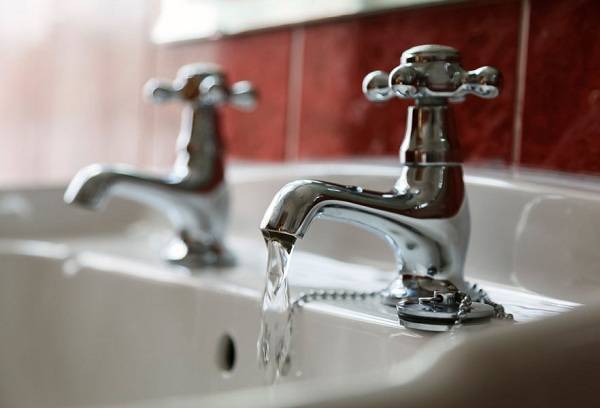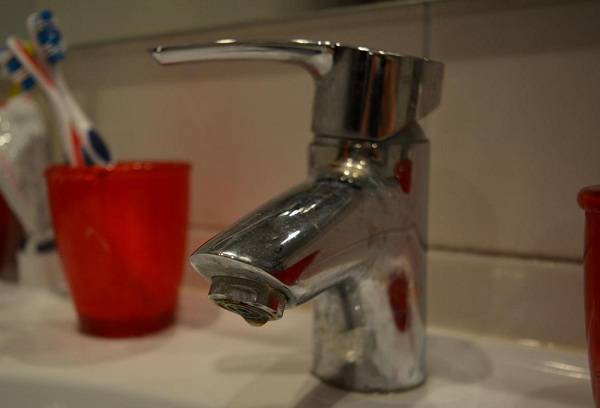What to do if hot water and cold water are turned off for non-payment?
Despite the active dissemination of legal services and the availability of regulatory documents, people, for the most part, remain in the dark about basic things. For example, only a few know what to do if hot water and cold water are turned off. But if you understand which organizations to contact with the necessary questions, you can either quickly clarify the situation or achieve restoration of the service.

Situations are different, but you don’t need to suffer because your neighbors don’t pay their bills, someone caused an emergency and they don’t do anything about it, someone in the house creates uncomfortable conditions due to repairs.
Why can they turn off the water in the apartment?
Before you think about what to do if the water is turned off, you need to find out why this happened in the first place. In practice, such situations can be due to an impressive list of reasons:
- In case of emergencies or the impact of natural disasters. Only in this case, specialized services have the right to shut off the water without prior notification to the residents of the house or specific apartments.
- If necessary, carry out scheduled work. If a shutdown is planned for several hours, then warning is given at least 24 hours in advance. If for a longer period, then in a few days. In any case, hot and cold water do not turn off at the same time.
Advice: Some people think that if you don’t pay for the water, no one will turn it off - you just need to keep the workers from going home. Otherwise, due to the fact that all the pipes are interconnected, all the neighbors on the riser will have to suffer at the same time as the defaulter. In fact, today the pipe sealing system is debugged in such a way that these nuances no longer apply.
- When identifying cases of independent connection of one of the residents of the house to engineering systems. If there is an order to disconnect the house from an authorized organization.
- Water may be turned off if residents of a particular apartment use appliances that exceed the permissible household equivalents in power. All characteristics are indicated in the passports that are attached to the living quarters and the devices in use.
- It is worth considering that today apartment residents are responsible for the quality of pipes in residential premises. If these installations are in unsatisfactory condition, the relevant services have the right to turn off the water until the pipes are replaced. The decision is made by the relevant commission, and the residents of the apartment must be notified.
- Finally, water may be cut off due to non-payment. But here there are several nuances that you need to be aware of. Firstly, the debt on all payments, or at least one of them, must be at least 6 months. Secondly, if the tenant signs an agreement with the management company on the gradual repayment of the debt and strict implementation of this schedule, no one can turn off the water, no matter what the size and duration of the debt. Thirdly, only hot water can be turned off; the management company does not have the right to leave the inhabitants of a residential premises without hot water.
To find out why there is no water in the apartment, you need to contact the management company attached to a particular building. If its employees claim that they don’t know what’s going on or refuse to answer the questions asked, you can safely write a complaint against them to the district administration, or file a complaint with the police and the prosecutor’s office. Practice shows that such measures allow you to quickly understand the situation and, at a minimum, get answers to all questions.
What to do if the water is turned off for no apparent reason?
It happens that the water in one apartment is turned off due to late payments by the owners of another apartment. This is completely illegal! Sometimes management companies try in this way to force the residents of the house to “convince” the defaulter of the need to pay off his debt. People simply do not know their rights - even a verbal appeal to the employees of the management company should quickly settle everything. Otherwise, the situation will be normalized by the police.
There is one more point that is worth paying attention to. If there was no warning notice, and the water (of any kind) was turned off, it was possible that this was done by the neighbors themselves. For example, they make repairs and change pipes. Without prior agreement on time and deadlines with neighbors in the riser, this is again illegal. In this case, you can either directly demand that the residents of such an apartment restore everything, or contact the district police officer. Regular violation of the established rules can even lead to eviction from the apartment, so problems should not arise.
By the way, if you are not lucky enough to live in the same house with persistent defaulters, you should carefully check your utility bills.Some management companies, in order not to have to worry about collecting debts, simply distribute them among all residents of the building. Such behavior is grounds for writing a statement to the police and going to court.



